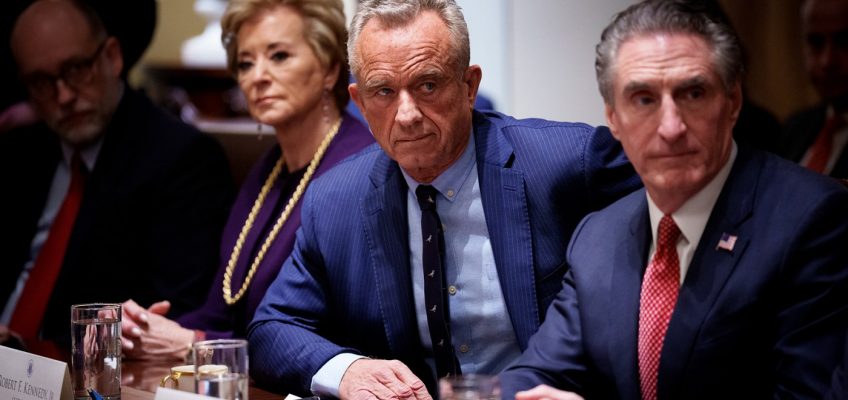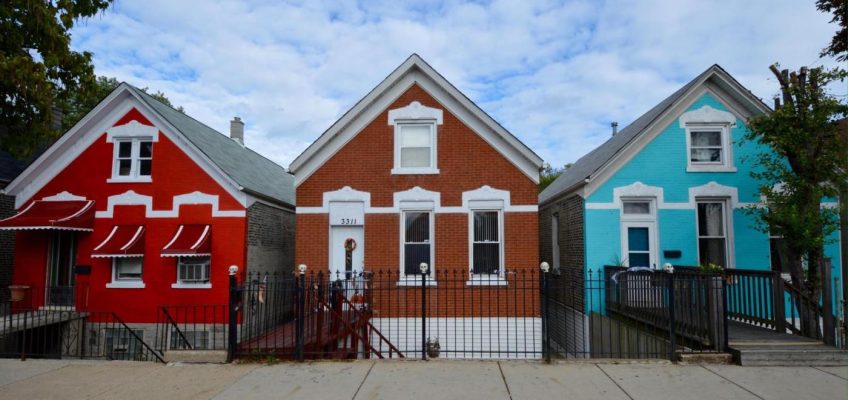As an 87-year-old person of color who has witnessed the long arc of America’s struggle with racial equality, I find myself compelled to respond to Matt K. Lewis’s recent commentary praising Donald Trump’s elimination of DEI programs (“Trump is right to end federal diversity programs,” Feb. 9). From the very beginning, I’ve observed with growing concern how the acronym “DEI” has often functioned more like “DIE” for meaningful progress in racial equity.
Lewis’s analysis, while failing to fully acknowledge the pervasive inequality in the daily lives of non-white Americans, fundamentally misses the deeper implications of this policy shift.
To understand why, we need only look at our history. In the past, the entertainment industry offered a stark illustration of systemic exclusion — films were overwhelmingly white, with people of color relegated to servant roles or completely absent even from crowd scenes. The recent trend toward more representative casting isn’t about entertainment value — it’s about accurately reflecting our country’s increasingly diverse composition and taking advantage of the best and most talented actors.
Trump’s executive order has provided organizations with what many businesses are viewing as an excuse to dismantle their investments in their diversity initiatives. Programs that were prominently featured in corporate messaging only weeks ago have vanished with stunning speed, revealing perhaps their half-hearted sponsorship … all along.
The three pillars of DEI deserve individual examination:
Diversity represents an immutable demographic reality. America is becoming increasingly multiracial, and organizations will eventually have no choice but to embrace this reality if they wish to remain viable. The pressing question now is how companies will navigate talent acquisition if an appreciation of the differences in the make-up of our population is ignored.
Equity presents a more complex challenge, as its measurement inherently involves subjective judgments. Consider the revealing example from Bloomberg BusinessWeek about auto insurance rates being heavily influenced by credit scores — a practice that disproportionately, and negatively, impacts communities of color and the economically disadvantaged, while not correlating with a driver’s safe driving experience. This single example illuminates how inequality permeates every aspect of American life impacting equal treatment, in ways that are obvious and subtle, intentional and unintentional. While the complete eradication of inequity may be unrealistic, meaningful remediation must be at least an aspirational goal.
Inclusion presents a fascinating paradox. While the absence of inclusion for people of color, women, and the economically disadvantaged remains painfully evident, true inclusion could potentially dilute the distinct cultural characteristics that have enriched our communities and our nation. Consider the historical significance of Historically Black Colleges and Universities (HBCUs) such as Morehouse, Spelman, Hampton and 96 others. These institutions have provided crucial, safe spaces for cultural preservation and academic excellence. “Perfect inclusion” would likely diminish the unique role these institutions have played, and continue to play, in nurturing Black excellence and leadership. Their doors have always been open to all – students, faculty, staff, and administrators — despite being founded in response to the almost total exclusion of Black students at what are now referenced as “predominantly white institutions.”
Having crossed the threshold of 80 years, I find myself increasingly unwilling to accept comfortable rationalizations or remain silent in the face of misinformation. My years have granted me both perspective and the freedom to question more vigorously, push harder against accepted narratives, and challenge the complacency that too often surrounds discussions of racial progress.
The dismantling of DEI initiatives cannot be met with misguided approbation or resigned acceptance or the fatalistic shrug of “it is what it is.” The stakes are too high, and the potential for backsliding too real. We must remain vigilant in monitoring the consequences of these kinds of policy changes while continuing to advocate for meaningful progress toward a truly equitable, inclusive society.
The path forward requires neither blind acceptance nor despair, but rather clear-eyed assessment and sustained commitment to addressing the underlying inequities that make DEI initiatives necessary in the first place.
Lewis M. Rambo, Ph.D., lives in St. Paul and is an executive coach and organizational psychologist who consults with corporations, nonprofits and universities.



